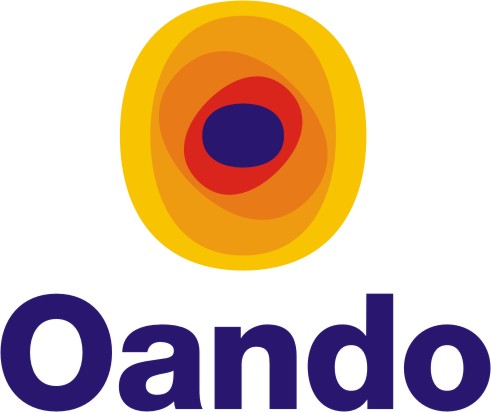Group Chief Executive of integrated energy giant- Oando Plc, Wale Tinubu, at the weekend gave shareholders hope for a better year end, given the significant improvement in the company’s score-card for the first three months of 2017, when the group reported a net profit of N1.7bn on the back of improved revenue and significant 29% reduction in net debt to N225.9bn from N316.6bn in March 2016.
The 2017 Q1 score-card released to the Nigerian Stock Exchange (NSE), last week, he noted, is the outcome of “a successful restructuring in 2016… (reflecting) a return to normalcy and growth, in spite of continued security challenges, economic headwinds and a fluctuation in crude prices.”
According to the result, turnover grew by 116% to N138.4bn and gross profit by 53% to N13.4bn from the preceding first quarter, while net profit stood at N1.7bn, which the company in its statement attributed to proactive measures put in place to enable the business cushion the effect of continued economic headwinds.
A breakdown of the result by business segments showed, according to Tinubu, that “in the Upstream, production in the first quarter of 2017 decreased to 38,125 boe/day compared to 49,365 boe/day in Q1 2016. However, due to decreased production expenses Oando Energy Resources (OER) recorded a profit of N4.96 billion in the first quarter of 2017 compared with a profit of N815.5 million in the prior year comparative period.
“In the Midstream following the partial divestment of Oando Gas and Power (OGP) to Helios Investment Partners, we successfully concluded the sale of Alausa IPP for a transaction price of N4.6 billion. In the Downstream, our trading business through Direct Sale & Direct Purchase (DSDP) and Offshore Processing Agreement (OPA) yielded N115.6 billion compared to N4.4 billion in 2016,” he added.
The short fall in upstream production was blamed on significant reductions in gas production and delivery caused by a ruptured Gas Transmission System (GTS-4) gas line at OMLs 60 to 63, even as the Trans Forcados pipeline continued to suffer downtime resulting in reduced production from its Ebendo field.
Despite these operational challenges, OER recorded a 608% increase in profits to N4.96bn in the first quarter of 2017 from N815.5m for same period in 2016.
In the downstream, Oando Trading (OTD) witnessed a 150% growth in traded volumes and a significant increase of 1718% in turnover to N115.6bn compared to N4.4bn the comparative year. It also increased secured credit lines by N76.6bn to a total of N214.4bn, giving it added leverage to further grow the business.
A statement by the group explained that the Nigerian oil and gas industry has been plagued by low oil prices, production disruptions, reduced oil exports and the attendant economic recession.
The first quarter earnings from OER and OTD, Tinubu continued, “underscore our proactive decision to focus on our dollar denominated export businesses. Our resilience is evident in our capacity to grow via a diversified model, and as we continue to chart our deliberate path in this challenging business environment, we look forward to better performance in the quarters to come.”
With the gradual decline in pipeline disruptions, increase in oil prices and efforts by the government to curb security issues in the Niger Delta, the sector, Oando continued, is optimistic of a recovery in the near future, even as Chevron Corporation reported improved earnings of $2.7bn for the first quarter 2017, compared with a loss of $725m in the preceding year. Seplat reported a net loss of $19m compared to $22.5m in the Q1 2016.
The International Monetary Fund (IMF) projects that Nigeria’s economic growth would rise by 0.8% in 2017. The IMF said: “After contracting by 1.5 percent in 2016 because of disruptions in the oil sector coupled with foreign exchange, power, and fuel shortages, output in Nigeria is projected to grow by 0.8 percent in 2017 as a result of a recovery in oil production, continued growth in agriculture, and higher public investment.”
This will in turn impact the growth of the country, projected to rise to 2.6 percent in 2017 and 3.5% in 2018.
With renewed optimism about the oil and gas sector and the economy, Oando PLC is well positioned for continued growth in its operations and value creation for shareholders, the statement assured.
Trending Today
Menu








